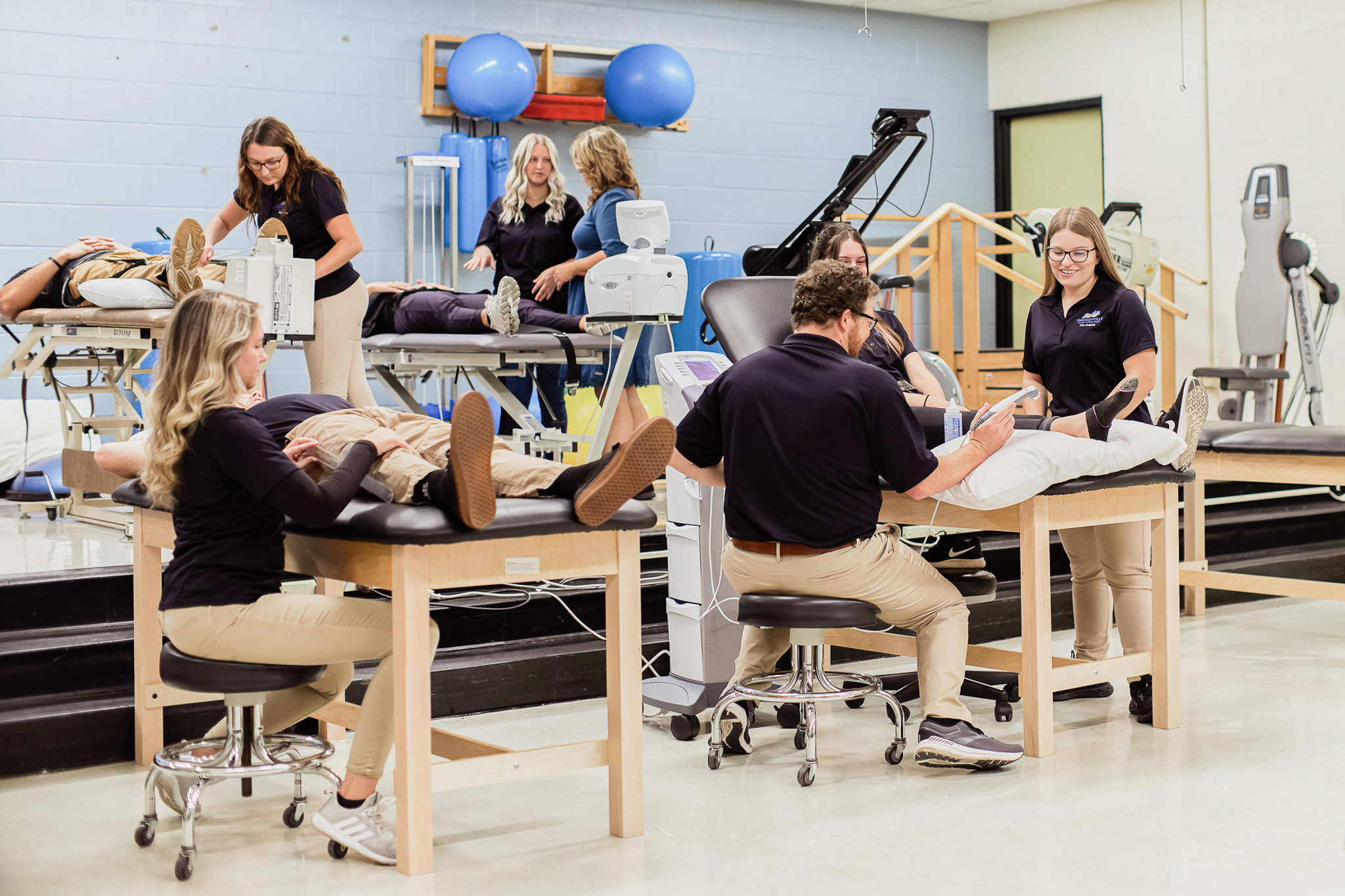The Crucial Effect of Resistance Training on Improving Recovery and Effectiveness in Athletic Rehabilitation
The Crucial Effect of Resistance Training on Improving Recovery and Effectiveness in Athletic Rehabilitation
Blog Article
Strength conditioning plays a vital part in athletic rehabilitation, assisting sportspeople heal from traumas and improve their overall capabilities. When an athlete gets hurt, their physique requires time to recover. However, during this rehabilitation period, it is crucial to preserve power and flexibility to prevent further injuries. Strength conditioning can be tailored to suit the needs of each athlete, focusing on specific muscular areas that may have been impacted by the injury. This targeted approach not only aids in recovery but also prepares the athlete to come back to their sport more robust than before.
One of the main advantages of strength training in rehabilitation is its capability to enhance muscular strength and stamina. When muscular tissues are more powerful, they can more effectively support joints and reduce the risk of recurrence of injury. For instance, an individual recovering from a leg injury can benefit from workouts that fortify the thigh muscles and back thigh muscles. These muscles play a crucial role in supporting the knee articulation. By incorporating strength training into their rehabilitation plan, athletes can recover their power more effectively and securely.
In addition to developing power, strength training also enhances flexibility and range of movement. Many injuries can result to rigidity in the affected region, causing it challenging for athletes to navigate freely. Strength conditioning exercises often include extending and lengthening the muscles, which can assist click to find out more restore mobility. For instance, adding weight bands or dumbbells into flexibility routines can improve the effectiveness of these workouts. As flexibility improves, individuals can perform movements more effectively, which is essential for peak capabilities in their sport.
Another important aspect of strength conditioning in sports rehabilitation is its positive impact on mental well-being. Healing from an injury can be a challenging and frustrating process for individuals. Engaging in strength training can offer a feeling of accomplishment and enhance self-esteem. As individuals see improvements in their strength and capabilities, they may feel more motivated to persist their rehabilitation process. This mental boost can be just as important as the bodily advantages, as a optimistic attitude can lead to improved results in recovery.
Finally, resistance training can help individuals move back to their sport more smoothly. Once they have regained their power and mobility, athletes must to rehearse activity-specific movements to guarantee they are prepared for competition. Strength conditioning can be combined with sport-specific exercises to create a holistic recovery program. This combination allows athletes to not only recover but also enhance their performance. By concentrating on both recovery and performance, resistance training becomes an essential instrument in the recovery process, assisting individuals return to their activity stronger and more resilient.